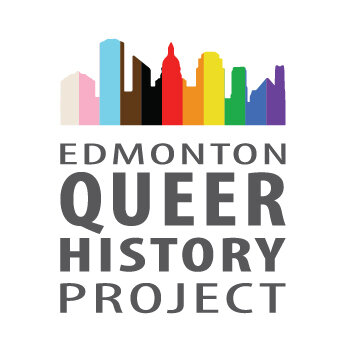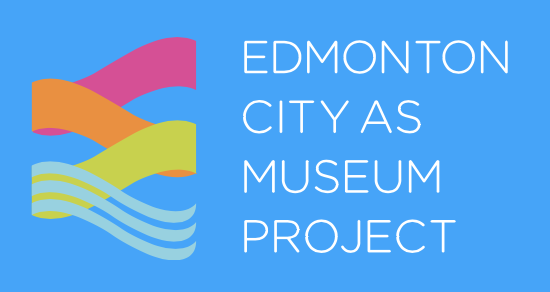CLICK HERE to continue reading full text on this page or download below
One of those new enterprises debuted on September 19, 2008, billed as a “high-end lounge and dance club under the Boardwalk Market.” Play Nightclub was co-owned by Mike Sainchuk, of the Bank Ultra Lounge and Oil City Roadhouse, and Bob Long, an Edmonton lawyer and board member of Team Edmonton, the city’s LGBTQ2 sports organization. Long referred to Play as “an evolution of the queer nightclub,” saying he wanted a space where his friends could go after work, “gay and straight-but-queer friendly.” Play’s new General Manager Corey Wyness described the venue as for “the queer and not so queer.”










